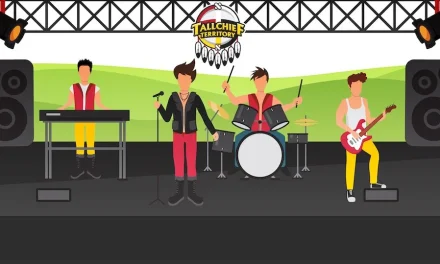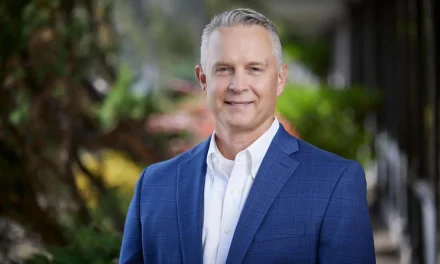Because cannabis is still considered a Schedule I controlled narcotic, it is federally prohibited under the Controlled Substance Act (CSA). The sticking point for tribes, however, is the prohibition of possession and use on federal lands—which include Indian reservations. The confusion around states’ rights and federal laws prompted a number of tribes to seek clarification from the DOJ on its policies for marijuana and hemp on tribal lands.
In August 2013, the Department of Justice (DOJ) issued guidelines instructing federal prosecutors and law enforcement not to interfere with states who had legalized marijuana as long as certain requirements were met, including laws encompassing DUI, distribution to minors, crossing state lines to non-legalized states, drug trafficking and sales by gangs and cartels. Currently, 30 states have legalized marijuana either for recreation or for medicinal purposes.Hemp, however, does not contain THC (the chemical component that causes a person to become “high”) and is used for a number of commercial purposes, including paper, clothing, food, medicine and fuel, and accounts for nearly $1 billion in annual revenues. Hemp remains controversial because it’s nearly impossible to distinguish from marijuana plants—which has been an ongoing dispute with law enforcement and regulatory agencies determined to ensure the integrity of crops by those producing it.For tribes—particularly those in remote, rural locations for whom gaming is not viable or available—the ability to engage in industrial hemp production is being considered as a means of producing badly needed revenues to build their economies and help support the needs of their communities.In November of 2017, the St. Croix adopted a comprehensive control program for hemp and “cannabidiol” (CBD), a hemp extract widely recognized for its use in treating a variety of medical ailments and treatment of childhood epilepsy.During the approval process, the tribe and Wisconsin’s attorney general disagreed on the scope of the state’s civil regulatory jurisdiction over the Tribe under Public Law 280, a 1953 Federal law that gives certain states, including Wisconsin, criminal jurisdiction over tribes. That disagreement resulted in legal action filed by the St. Croix in U.S. District Court.“Hemp and medical CBD are legal and regulated in the State of Wisconsin,” said the Tribe’s legal counsel Jeff Cormell. “The agreement reached today settles a legal challenge… and allows the Tribe to move forward with its own regulatory program for hemp and CBD, as well as establish a tribally owned and operated hemp business.”
“Hemp and CBD are one of the fastest growing sectors of the burgeoning cannabis economy,” said Brad Bartlett, senior counsel with the law firm McAllister Garfield. “This landmark agreement ensures that the Tribe has parity in treatment with states when it comes to participating in the nation’s new cannabis economy.”
As tribes across the country continue exploring their options in the cannabis and hemp industries, the St. Croix are moving forward with their plans to be Wisconsin’s first tribally owned and operated hemp program.“[We are] very pleased with the Attorney General’s leadership on these issues, and decision to put our disagreements behind us,” said Emery.”We look forward to continuing to work with the State both now and in the Future.”










